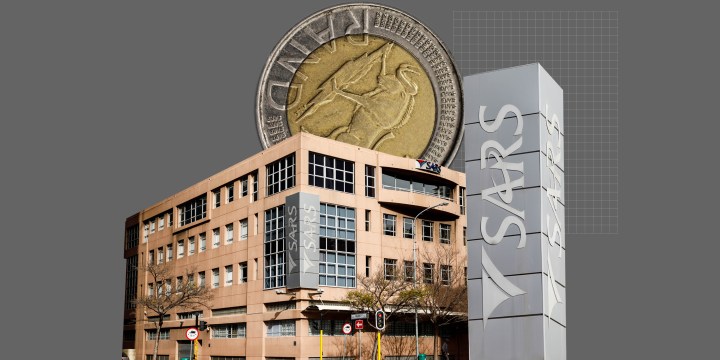MEDIUM-TERM BUDGET POLICY STATEMENT
MTBPS: Government to borrow more money as revenue dries up

The government plans to increase its borrowing requirements from R515.6-billion to R563.6-billion during the 2023/24 fiscal year. Debt has become an even bigger and scarier uncertainty for the government.
To shore up revenue and be able to meet the country’s growing spending requirements, the government plans to increase its borrowings — making it difficult to stabilise and reduce its indebtedness.
The government’s revenue from tax collections has declined since the February 2023 Budget was presented as economic conditions in SA have since worsened, pushing it to find new sources of money.
To this end, the government plans to increase its borrowing requirements from R515.6-billion to R563.6-billion during the 2023/24 fiscal year, the Medium-Term Budget Policy Statement (MTBPS) review documents show.
Debt has become an even bigger and scarier uncertainty for the government. Credit rating agencies and economists have warned numerous times about the unsustainability of the government’s debt level and need to reduce it, as it crowds out expenditure on crucial service delivery programmes.
The government plans to raise more money in two ways.
First, it plans to raise money in the domestic bond market by issuing bonds (inviting lenders to buy its debt). By doing this, it plans to raise debt or issue bonds that come with shorter repayment terms of up to a year, instead of opting for costly debt that matures at a later period of up to 30 years.
The government is turning to debt with a shorter repayment term because lenders are worried about its ability to repay debt owing to concerns about SA’s weak economy, and the deterioration of public finances. Second, the government also plans to raise new debt from international lenders through concessional funding (or loans) worth $2.4-billion.
All these efforts mean that the government’s total debt is expected to increase from R5.24-trillion in 2023/24 to R6.52-trillion in 2026/27. The government already spends a big portion of the revenue it generates from taxes on servicing debt and associated costs such as interest.
According to the National Treasury’s estimates, out of every R5 collected in tax revenue, R1 is paid to lenders. These rising debt-service costs now take a bigger share of the budget than basic education, social protection, or health.
On interest costs associated with the debt, these costs are now estimated to reach R385.9-billion in 2024/25 and R455.9-billion in 2026/27.
Consequences of more debt
Increasing borrowings to fund spending requirements comes with consequences.
The cost of debt and repaying it has become more expensive because of higher interest rates and yields on borrowings. Increasing borrowings will arguably make it difficult for the government to stabilise debt and reduce it.
In the February Budget, the government expected its debt levels to start stabilising at 73.6% of GDP in 2025/26 and decline thereafter. However, the MTBPS review notes that debt levels will now stabilise at 77.7% of GDP in 2025/26. The effect of this is that there will be more pressure on the government to stabilise and even reduce a much higher portion of debt in a short space of time.
The government is forced to increase its borrowings because revenue from tax collections, mainly from corporates such as mining companies, is declining on the back of severe Eskom blackouts and logistical constraints by Transnet. The government’s revenue for fiscal year 2023/24 is now projected to be R1.68-trillion, which has been reduced by R56.8-billion from the projections proffered in February.
What also exacerbated the government’s financial situation and the need to borrow more is that it decided to award public servants a 7.5% wage increase in 2023, implemented from 1 April, which would cost nearly R40-billion. The Treasury did not budget for this expense, leaving a gaping hole in the government’s finances.
The government also plans to raise money to fund Eskom’s debt relief plan. In February, it was announced by the Treasury that the government plans to take over a portion (or R254-billion) of Eskom’s debt over the next three years. Eskom’s debt is more than R400-billion. Of the R254-billion, Eskom received debt relief of R16-billion on 3 August 2023, R12-billion on 26 October 2023, and R8-billion on 30 October 2023. DM



















Who is going to loan them this money? they are a risk to any lender and they won’t go to the IMF because of the conditions that will be imposed. They are going to continue to borrow from the PIC putting the government pension funds under more risk.